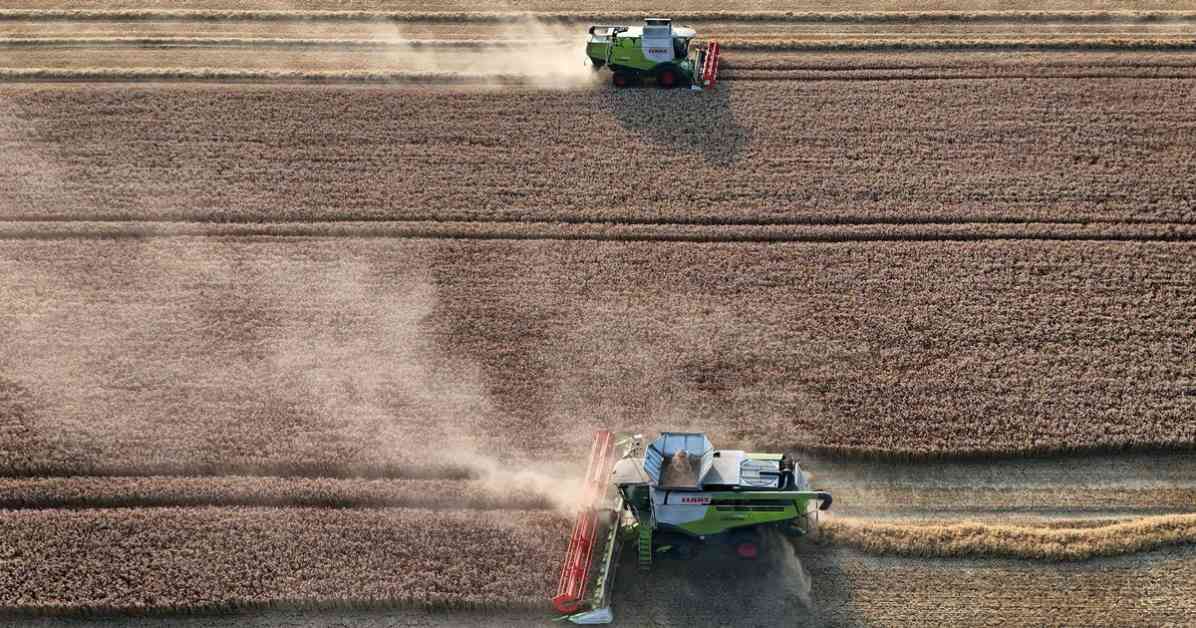Breaking News: Bee-Killing Pesticides Contaminate 85% of English Rivers
An alarming discovery has been made in England, with bee-killing pesticides detected in a staggering 85% of tested rivers. This shocking revelation comes from a detailed analysis of Government figures conducted by environmental groups. The presence of neonicotinoid pesticides in river sites tested between 2023 to 2024 has raised serious concerns about the health of freshwater ecosystems and the wider impact on wildlife.
Worsening Situation and Potential Dangers
The analysis revealed a disturbing trend, as the proportion of rivers affected by neonicotinoids has increased from 79% in the previous testing period of 2020 to 2022. These pesticides, which are known to destroy bees’ nervous systems, have been banned in Europe but continue to be used in the UK since 2021. Aquatic insects, mayflies, and potentially fish and bird populations are also at risk due to the presence of neonicotinoids in the rivers.
The concentration of neonicotinoids in river samples was particularly high in areas where sugar beet farming and processing are prevalent, such as the East Midlands and East of England. This raises concerns about the impact on local ecosystems and wildlife, as well as the broader implications for the food chain.
Government Response and Calls for Action
Despite promises to ban neonicotinoids, the UK government is considering allowing the use of these harmful pesticides on sugar beet crops, a move that has been met with criticism from environmental organizations. The decline in the number of river sites tested for pesticides is seen as a worrying indicator of the Environment Agency’s diminishing resources for river monitoring.
Environmental experts and advocacy groups are urging the government to take immediate action to protect pollinating insects like bees and ensure the health of our ecosystems. The widespread presence of neonicotinoids in rivers underscores the urgent need for systemic changes in agricultural practices and environmental monitoring.
Expert Insights and Calls for Change
Dr. Rob Collins from the Rivers Trust highlighted the need for greater resources to monitor chemicals in the environment and promote sustainable practices across society. Richard Benwell, CEO of Wildlife and Countryside Link, emphasized the detrimental impact of neonicotinoids on nature and called for farming reforms to reduce chemical use.
As concerns mount over the environmental risks posed by neonicotinoids, it is clear that immediate action is needed to protect our rivers, wildlife, and ultimately, our own health. The government’s commitment to banning these harmful pesticides must be upheld to safeguard the delicate balance of our ecosystems.












